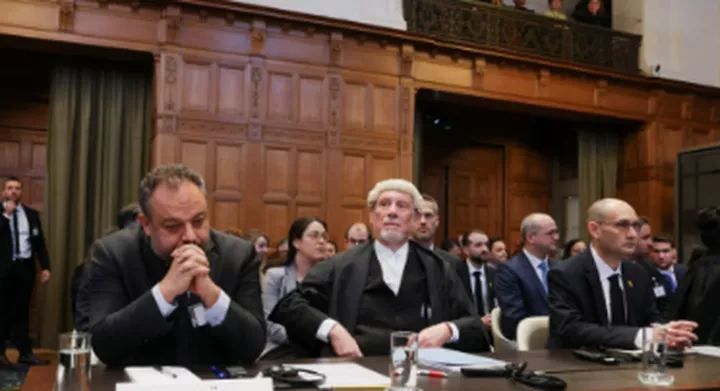Tinubu risks lawsuit as lawyer argues change of national anthem unconstitutional

The Association of Legislative Drafting and Advocacy Practitioners (ALDRAP), a civil society group of legal professionals, has announced plans to file a lawsuit in the Federal High Court against the newly enacted National Anthem Act, 2024.
This law, signed on Tuesday, reinstates the former national anthem, ‘Nigeria we hail thee’, which ALDRAP intends to challenge.
In a statement released on Friday, Secretary Tonye Jaja stated that ALDRAP believes the enactment process did not meet constitutional requirements, making the law unconstitutional.
As quoted by Punch, the statement reads, “The lawsuit would be challenging the National Anthem Act, 2024, because of the following reasons:
“No public hearing was held before the said legislation was enacted as required under Section 60 of the 1999 Nigerian Constitution.
“Members of the public were not invited to make their contributions, as was done when the other National Anthem was enacted in the year 1978.
“There was no letter of transmission of the said Bill from the President to the President of the Senate and the Speaker of the House of Representatives, National Assembly.
“The expenditures associated with the National Anthem Act, 2024 (which was done on 29th May 2024 and on other dates) are not captured in the Budget of the Federal Republic of Nigeria Act, 2024 (as can be attested to by the Accountant-General of the Federation) and therefore the said National Anthem Act, 2024, should be declared illegal.”
ALDRAP has called for the National Anthem Act of 2024 to be invalidated, citing its impracticality and the potential financial burden it could impose on citizens.
The organisation pointed out that the expenses associated with the new anthem, including the cost of man-hours, updating official documents, and other related costs, would be substantial.
They argued that these expenses would be too heavy for ordinary people to afford, particularly without an accompanying rise in income.





